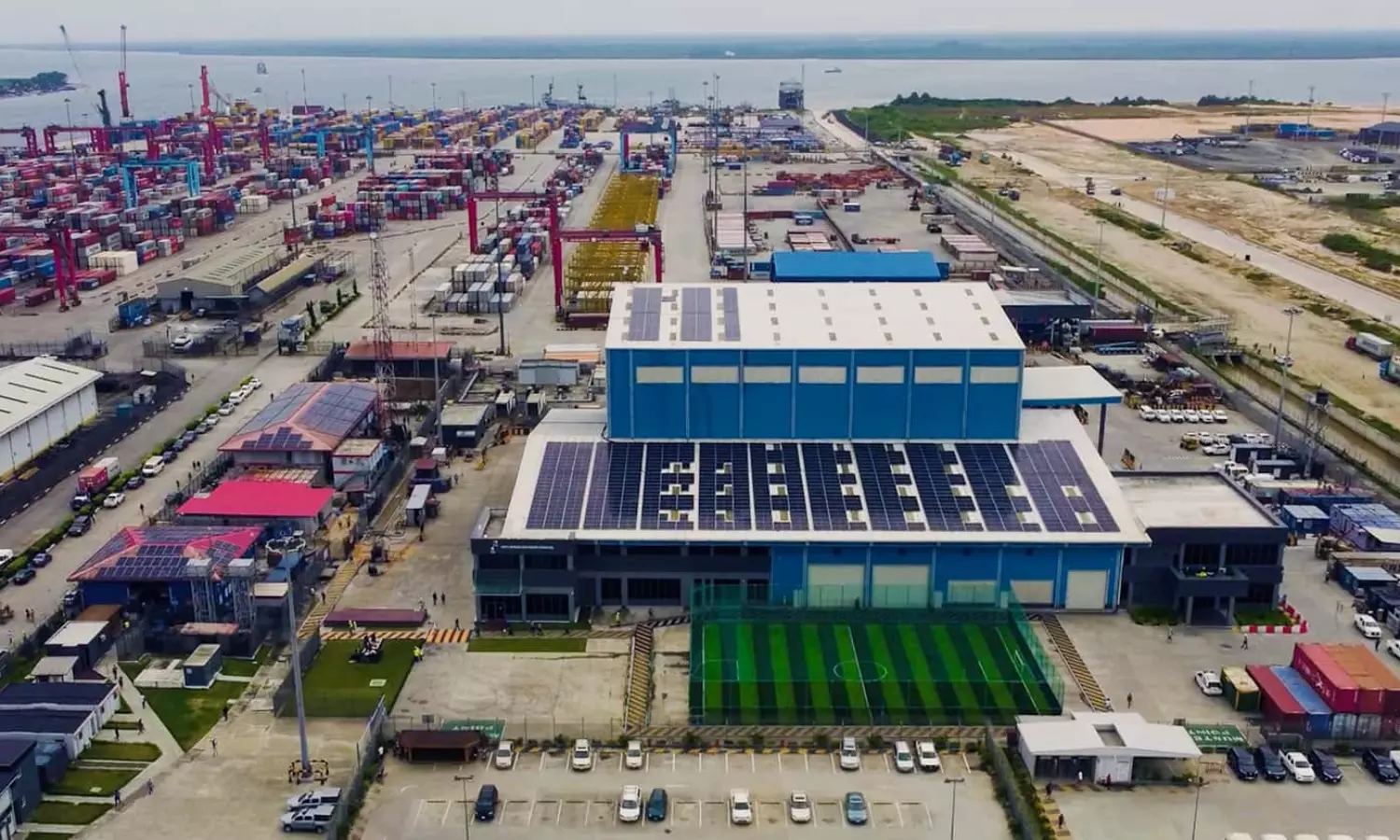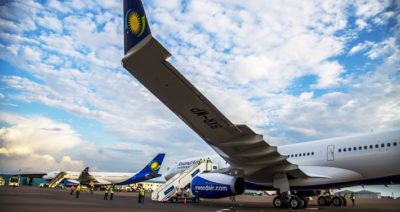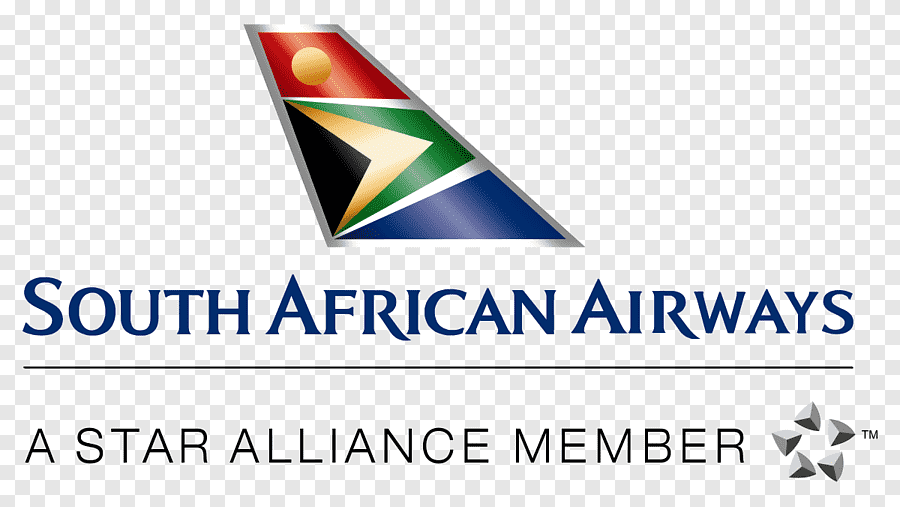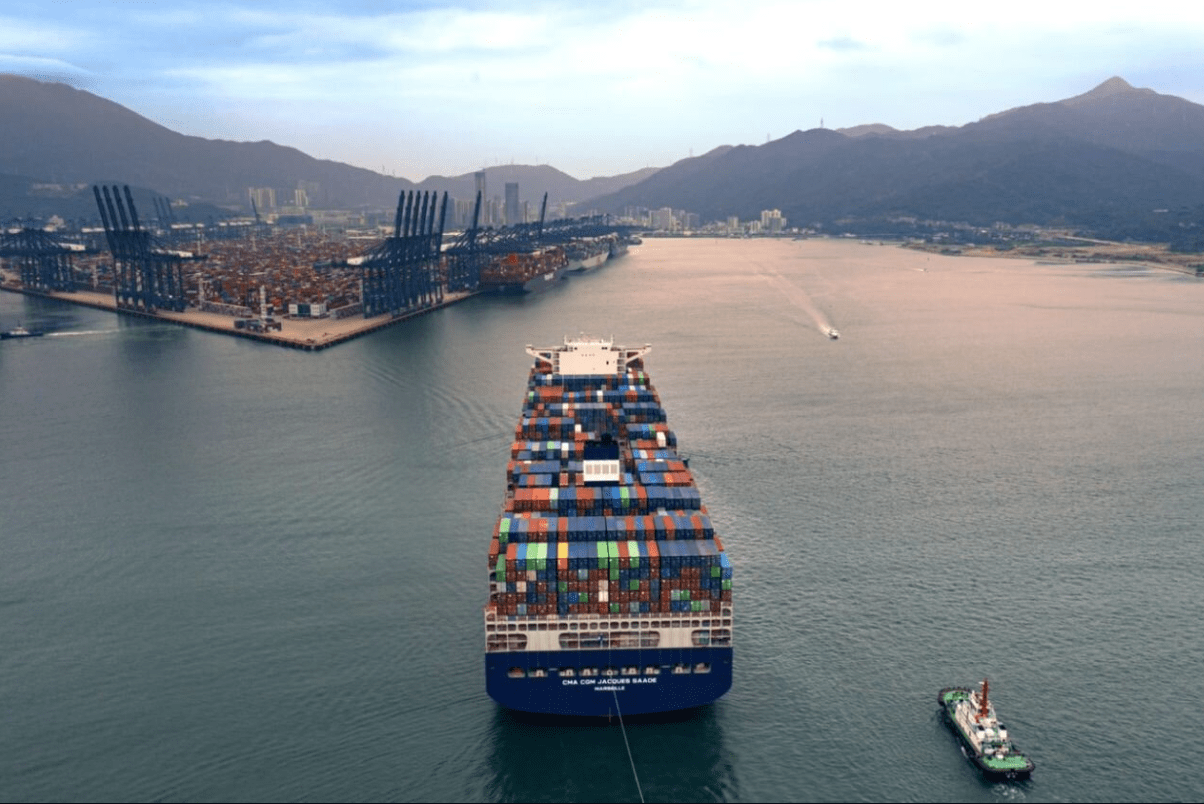Logistic

Kenyan clearing agents to halt S. Sudan cargo processing amid levy disputes
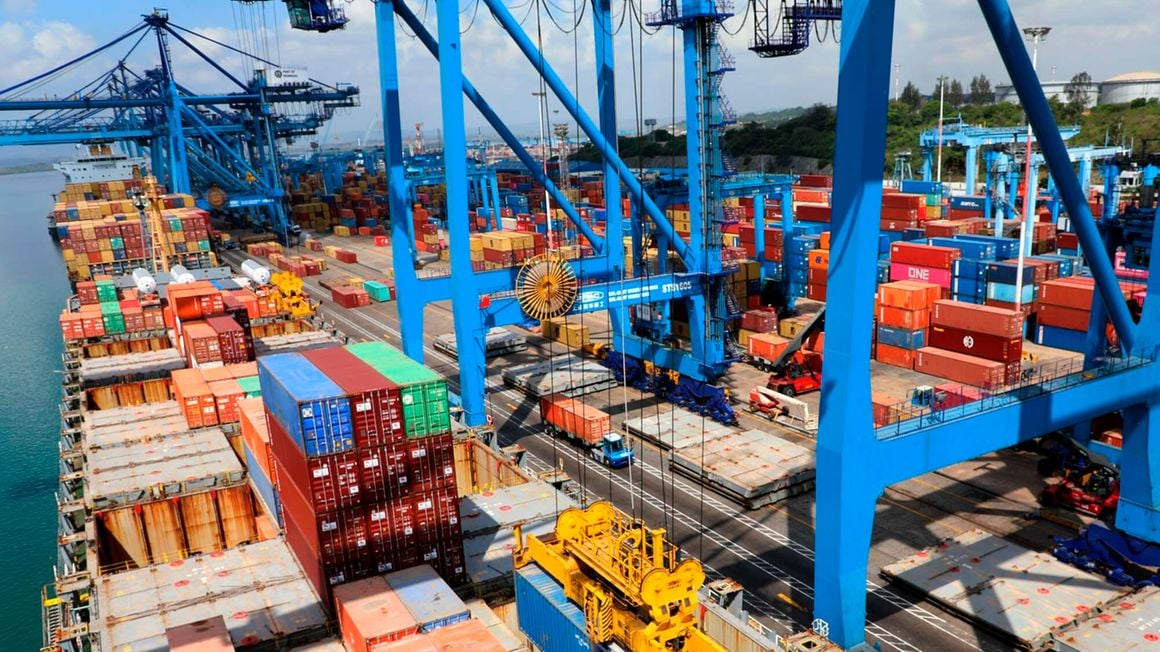
The Kenyan clearing agents responsible for facilitating cargo to South Sudan have announced an indefinite suspension of all cargo operations due to the ongoing dispute over inconsistent levy charges. The agents have raised concerns over delays, excessive charges, and bureaucratic confusion at various points in the shipping process, particularly affecting goods destined for South Sudan.
In a statement issued over the weekend, Kenyan clearing agents decried the inconsistent introduction of levies and memos by South Sudanese authorities, which they claim have drastically increased the cost of doing business. These levies, according to the agents, are contributing to inflated prices for imported goods.
“We explained to the government delegation that the cost of these memos and levies is driving up the price of goods for the people of South Sudan. Every time a new levy is introduced, it adds more to the cost of goods like food, medical supplies, and motor vehicles, which is already becoming unaffordable for many,” said a spokesperson for the Kenyan clearing agents.
The agents expressed their frustration at the constant changes in policies regarding where levies should be collected, with conflicting directives from South Sudanese authorities. While some officials argue that the levies should be collected at Mombasa port, others insist on Nimule, the border town between South Sudan and Uganda, the agents said.
“One official says the levy is collectible in Mombasa, while another says it should be collected in Nimule. As agents, we are caught in the middle, and now we don’t know which policy is in effect,” the spokesperson added.
The agents reported that many trucks carrying essential goods, including medical equipment and general merchandise, are stuck in Mombasa, unable to proceed to South Sudan due to unresolved payment issues. They also mentioned being told to pay $3,000 per cargo consignment just to get shipments moving, a burden they say they are no longer willing to shoulder.
“As of today, we are stopping all processing of South Sudan-bound cargo. We do not have $3,000 per shipment to pay. The South Sudanese government needs to resolve this levy dispute. We have medical equipment and food waiting, and we cannot move it until there is clarity on these charges,” the agents announced
“We serve all partner states within the EAC, and we’ve never had to address such issues with cargo from other countries. But with South Sudan, it’s a new levy or bottleneck every month. We don’t understand why their cargo is treated differently,” the agents lamented.
According to the agents, the delegation from South Sudan that visited Mombasa last week agreed to move all levy collections to Nimule and other border points, but confusion remains. Kenyan agents are now calling on both the South Sudanese and Kenyan governments to step in and streamline the process to avoid further disruption to the supply chain.
“The government of Kenya also has an obligation to ensure the smooth flow of South Sudan’s cargo through Mombasa. A stalemate of this magnitude affects both countries, and it is time for the Kenyan government to advise its South Sudanese counterparts,” the agents urged.
Until the levy dispute is resolved, the processing of all South Sudan-bound cargo remains in jeopardy, causing widespread delays that could lead to shortages of essential goods. The agents stressed that they are ready to resume operations once there is a clear directive on how levies will be applied.
“This can only be solved when both governments agree on which levy is applicable and where it should be collected. Until then, the cargo remains at a standstill,” the spokesperson concluded.
In a notice issued on August 13, Dr Daniel Kon Ater, the South Sudan Revenue Authority (SSRA) Commissioner for Corporate Services informed all stakeholders in Uganda, Kenya and Tanzania to tag goods destined to their country, alongside the requisite Electronic Cargo Tracking Note (ECTN).
SSRA said all taxpayers, clearing and forwarding agents and transporters, including non-governmental organisations involved in moving cargo destined to and from South Sudan, should attach South Sudan regionally recognised electronic cargo tracking seal.
In March this year, the SSRA introduced its tags on top of those offered by the Regional Electronic Cargo Tracking (RECT), at $350 per consignment, causing protest among stakeholders, with the Kenya clearing and forwarding agents moving to court.






